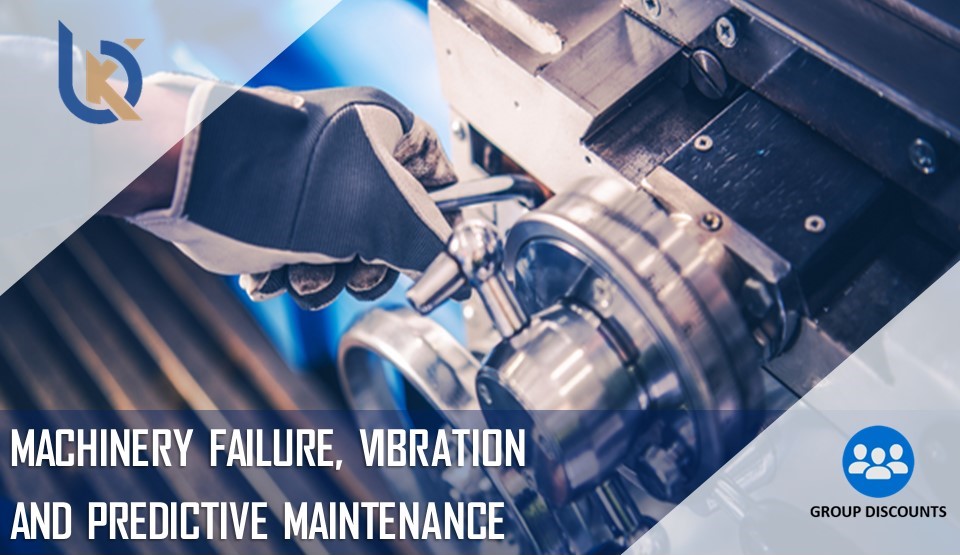| Training Code | Date | Duration | Venue | Fees |
|---|---|---|---|---|
| Keep following, we are updating our training schedules. | ||||

How do you do a Machinery failure analysis? This program aims to convey the latest thinking and best practices used in all Industry Equipment and Components, Operation and Troubleshooting conditions, Monitoring, and Analysis. Also, it provides a detailed advanced treatment of the detection, location, and diagnosis of faults in Mechanical Equipment. Case studies, examples are used throughout the program to focus on the key points and to underline the relevance and applicability of the topics being addressed.
What are the causes of Machinery failure? This course will provide a firm foundation for technologists moving into a machine monitoring and diagnostic role. Participants will study the technique, tools and procedure of root cause failure analysis and failure mode effective analysis as a proactive strategy for achieving precise operation and improving machinery performance.
At the end of the course, participants will be able to :
This course is design for the following personal:
On successful completion of this training course, BK’s Certificate with eligible Continuing Professional Education credits (CPE), will be awarded to the delegates , one CPE credit is granted per 50 minutes of attendance.